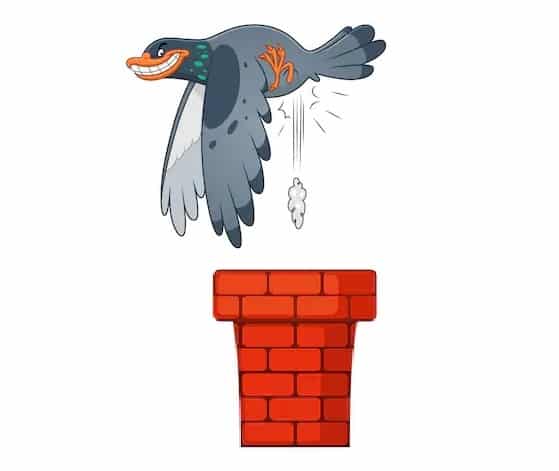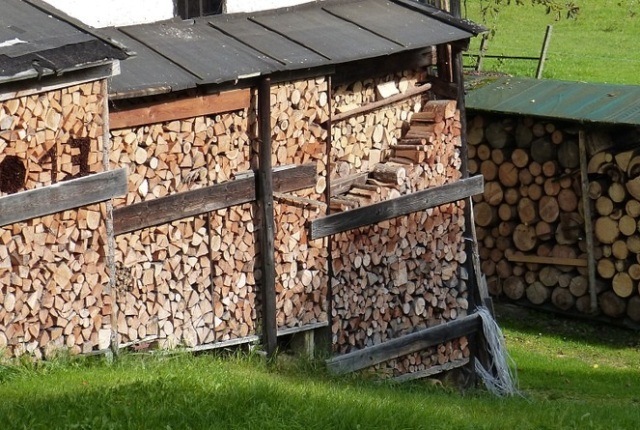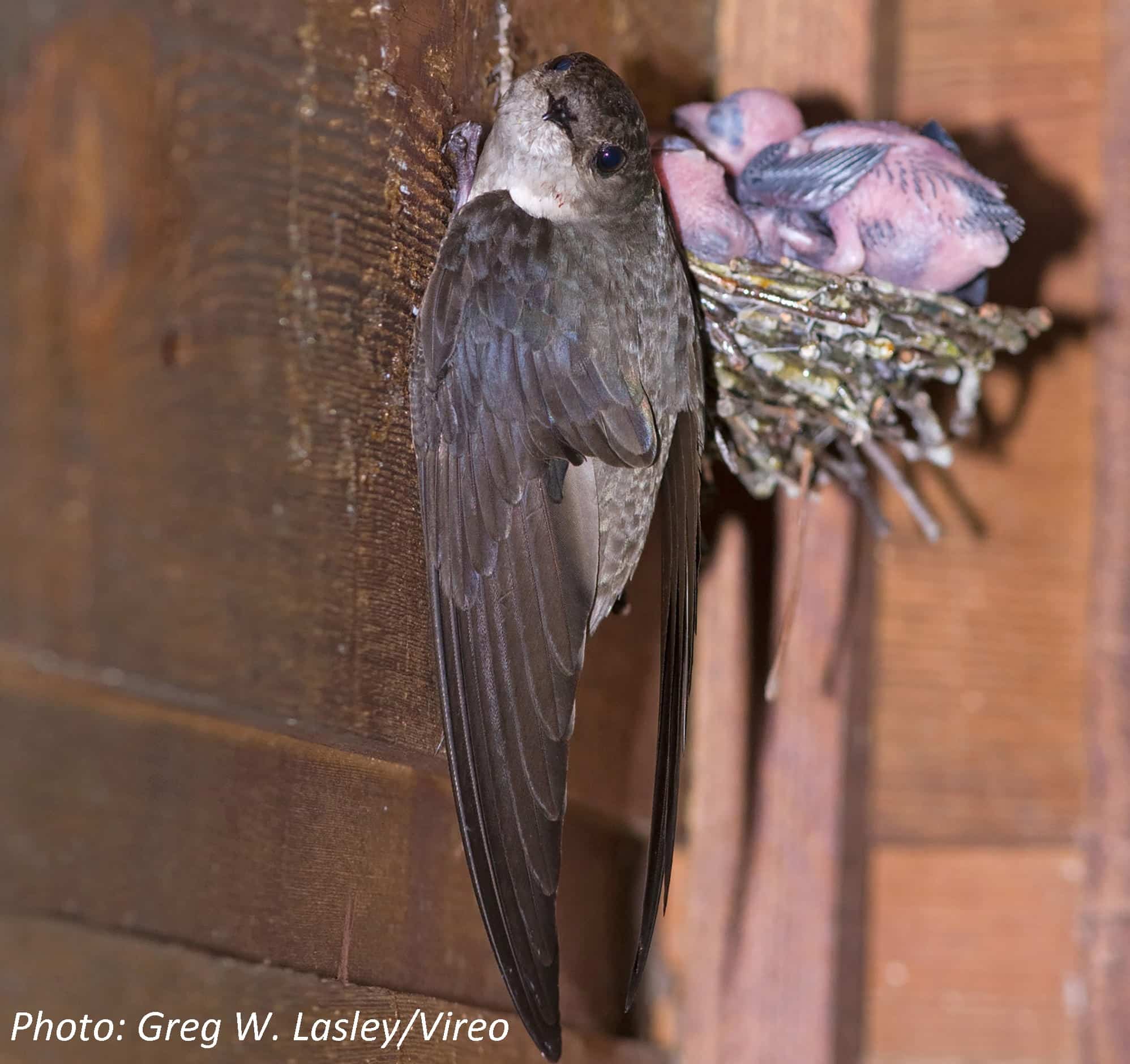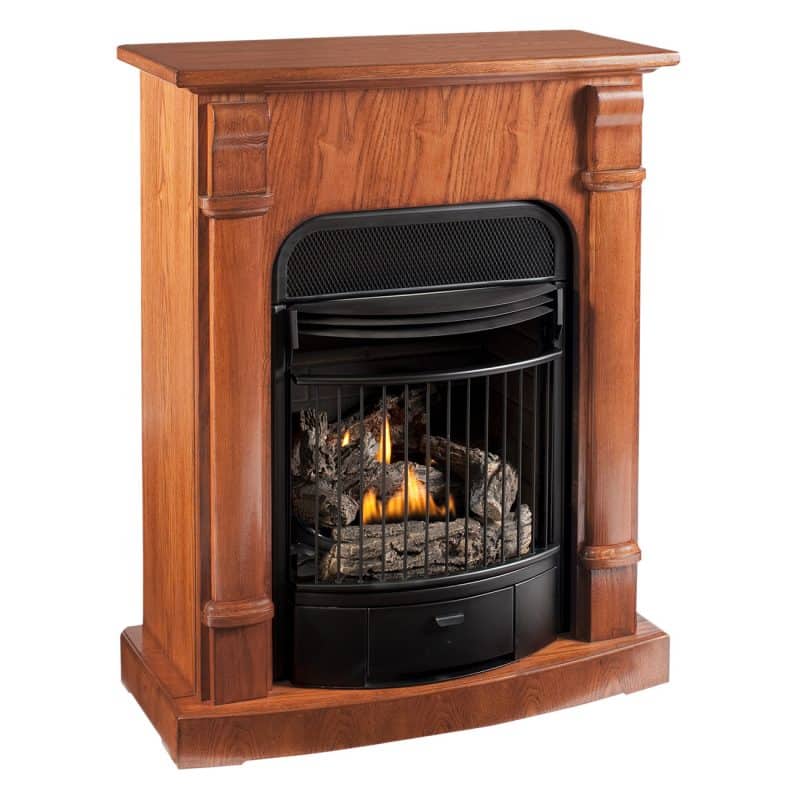This is Your Chimney on Dookie!…
At Chimney Champions®, we frequently get calls about things not working properly. During one of our recent calls, a client indicated that for some reason, they couldn’t get their damper to open.⊗ WARNING! ⊗ The pictures below are not for the faint-of-heart!During the course of our inspection, we found that our client’s damper was wedged shut due to the amount of “debris” left behind by Chimney Swifts. That’s right, folks! “POOP.” “DOOKIE.” “NUMBER TWO.”Call it whatever you want – either way, it’s nasty stuff!The picture on the bottom-right shows some of the chunks that came out from the client’s smoke chamber and damper area. A total of THREE trash bags and SIX vacuum bags were used to clean up after the little guys.This excrement is extremely hazardous to your home AND your health!Birds aren’t the only things that can make their way into your chimney; Raccoons, Rodents, Bees, and plenty more environmental elements … Continued






